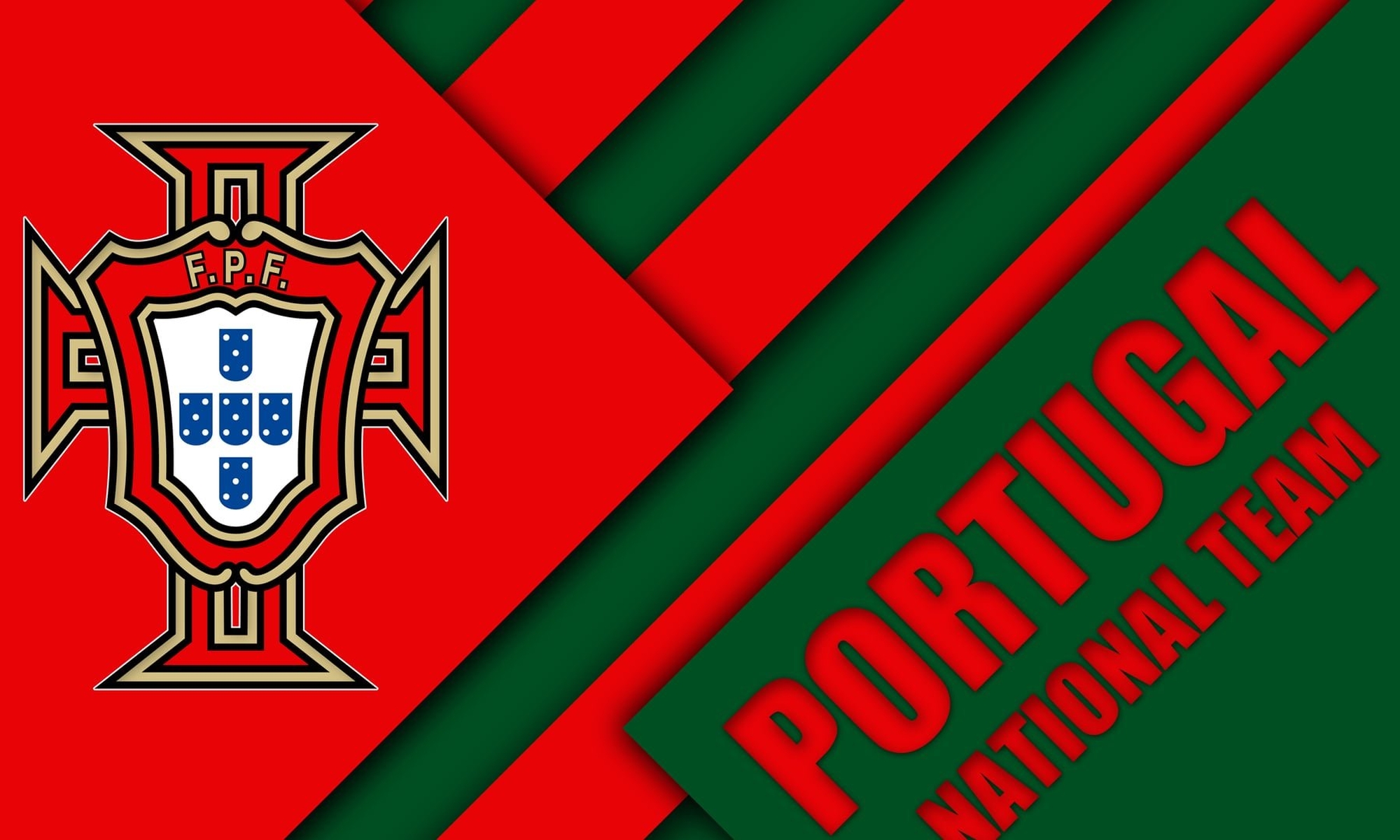Luis Morgado, in this vision, speaks with deep reverence and a touch of anxiety about the bold artistic and spiritual risks his cousin Diogo Morgado took by portraying both Christ and Lucifer — roles traditionally seen as cosmic opposites. According to Luis, this was not just an acting challenge but a metaphysical gamble.
“Diogo wasn’t trying to blaspheme,” Luis explains. “He was trying to reveal something hidden — the duality in man, and the duality even in the figure we call the Son of Man. That’s where the power of his portrayal lies.”
Luis says Diogo studied not only Scripture but mystic texts and apocryphal writings, and came across a radical idea embedded in Revelation 22:16, where Christ says:
“I am the Root and the Offspring of David, and the bright Morning Star.”
To the traditional reader, it’s a beautiful, poetic phrase. But to those familiar with Isaiah 14:12 — where Lucifer is also called the morning star, son of the dawn — it evokes an unsettling symmetry.
Luis claims Diogo wanted to explore that very tension:
“The Morning Star is a mirror — it reflects both the highest and the lowest. Christ names himself that to show he has conquered it, not to hide it.”
Luis quotes Diogo as saying during rehearsal:
“If Christ could not be tempted by pride, his humility would be meaningless. He had to carry the capacity for it inside. That’s what gives his confession power.”
This leads to the secret Luis believes is buried in Revelation 22 — a confession. Christ, in his full divine transparency, admits to harboring the same spark that made Lucifer fall: the pride of being like God. But instead of hiding it, Christ names it, exposes it, and in doing so, disarms it.
Luis concludes:
“You cannot cast out a demon you refuse to name. That is the secret of Revelation. Confession is the key. Even Christ had to confess it to destroy it.”
The implication is daring: redemption does not come from being perfect, but from being honest. From naming the morning star within — not to worship it, but to crucify it.
A dangerous theology? Perhaps.
But Luis says Diogo’s performances were prayers as much as they were portrayals — rituals of exposure.
He feared the Church might excommunicate him. But instead, the silence was worse.
“They knew he touched the veil,” Luis whispers. “And they dared not look through.”

